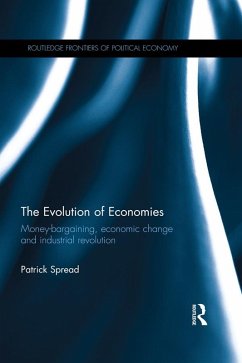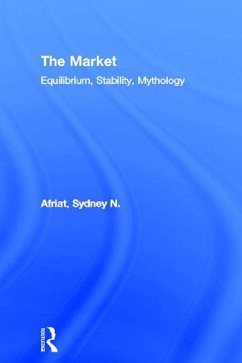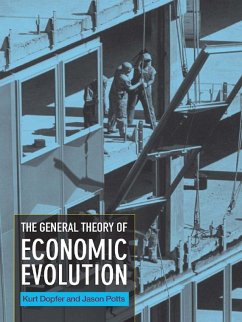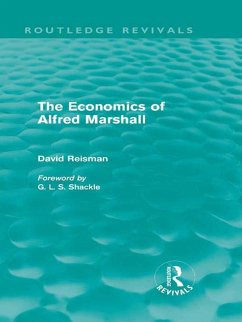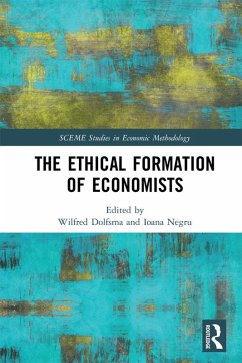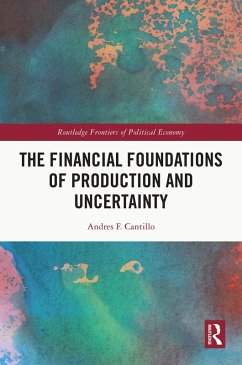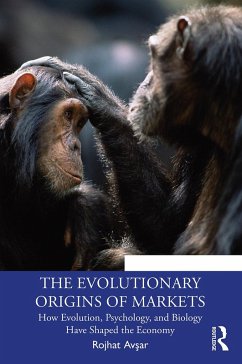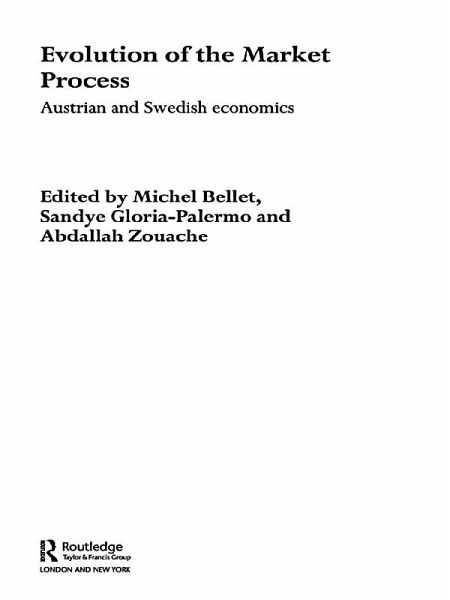
Evolution of the Market Process (eBook, PDF)
Austrian and Swedish Economics
Redaktion: Bellet, Michel; Zouache, Abdallah; Gloria-Palermo, Sandye
Versandkostenfrei!
Sofort per Download lieferbar
51,95 €
inkl. MwSt.
Weitere Ausgaben:

PAYBACK Punkte
26 °P sammeln!
This impressive volume centres on the relationship between Austrian and Swedish economics. Exploring themes such as capital theory, expectations, policy, market theory and the history of economic thought, this book makes for an interesting read. It will appeal across a wide range of disciplines within economics as well as the philosophy of social s
Dieser Download kann aus rechtlichen Gründen nur mit Rechnungsadresse in A, B, BG, CY, CZ, D, DK, EW, E, FIN, F, GR, HR, H, IRL, I, LT, L, LR, M, NL, PL, P, R, S, SLO, SK ausgeliefert werden.




